The Delegation Dilemma: Why leaders struggle to get it right
Delegation. Sounds simple, right? But any leader will tell you it’s anything but.
When we speak to managers and organisational leaders, one thing comes up time and again: “I’m too busy.” Diaries are packed, priorities pile up, and it feels like there’s never enough time. But here’s the kicker — it’s usually not about time. It’s about delegation.
Think about your calendar for a moment. How many meetings or tasks could someone else handle if you just handed them over? Your diary isn’t just a schedule — it’s a reflection of how you spend your energy and what you value most.
Why Delegation Can Be So Hard
There are three big reasons leaders struggle to delegate:
1. Personality and Behaviour
Some leaders are perfectionists, others crave control, and some worry about mistakes. It’s human — our traits and motivators play a huge role in how comfortable we feel letting go of responsibility.
2. Lack of Clarity
Ever delegated a task and it didn’t turn out the way you wanted? Often it’s not the other person’s fault — it’s the instructions. Clear communication makes all the difference.
3. Perceived Lack of Resources
Sometimes we think we don’t have the time or people to delegate, but it’s often more perception than reality. With the right approach, you can create capacity and opportunity where it seems impossible.
Delegation Isn’t Doing Less, It’s Leading Better
Delegation isn’t about offloading work. It’s about empowering your team, building confidence, and freeing yourself to focus on what matters most. When done well, it strengthens trust, competence, and collaboration across your organisation.
The 3 Levels of Delegation
Not all delegation is created equal — the key is being clear about how much freedom you’re giving. Here’s a simple framework we use with leaders:
Level 1 – Execute
You assign a task and outline exactly how it should be done. The focus is on precision and control — great for when something must be completed in a specific way.Level 2 – Enable
You share the outcome you want to achieve but let the person decide how to get there. You provide the “what” and the “why,” they choose the “how.” This builds confidence and ownership.Level 3 – Empower
You hand over both the problem and the solution. The person takes full ownership — identifying the approach, making decisions, and delivering results. This is where leadership growth truly happens.
Before you delegate, be clear on which level you’re operating at. Clarity upfront prevents confusion later — for you and for them.
At T2, we work with leaders to build practical frameworks for delegation — helping them strike the right balance between control and autonomy, clarity and flexibility, accountability and trust.
When you get delegation right, you don’t just clear your diary, you grow your team, and you grow as a leader.
Want to explore how our workshops and leadership programmes help managers master the art of delegation?







